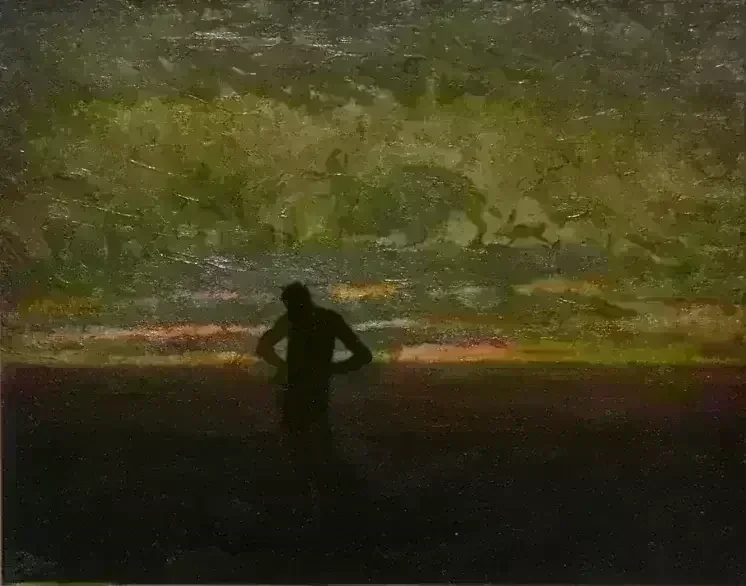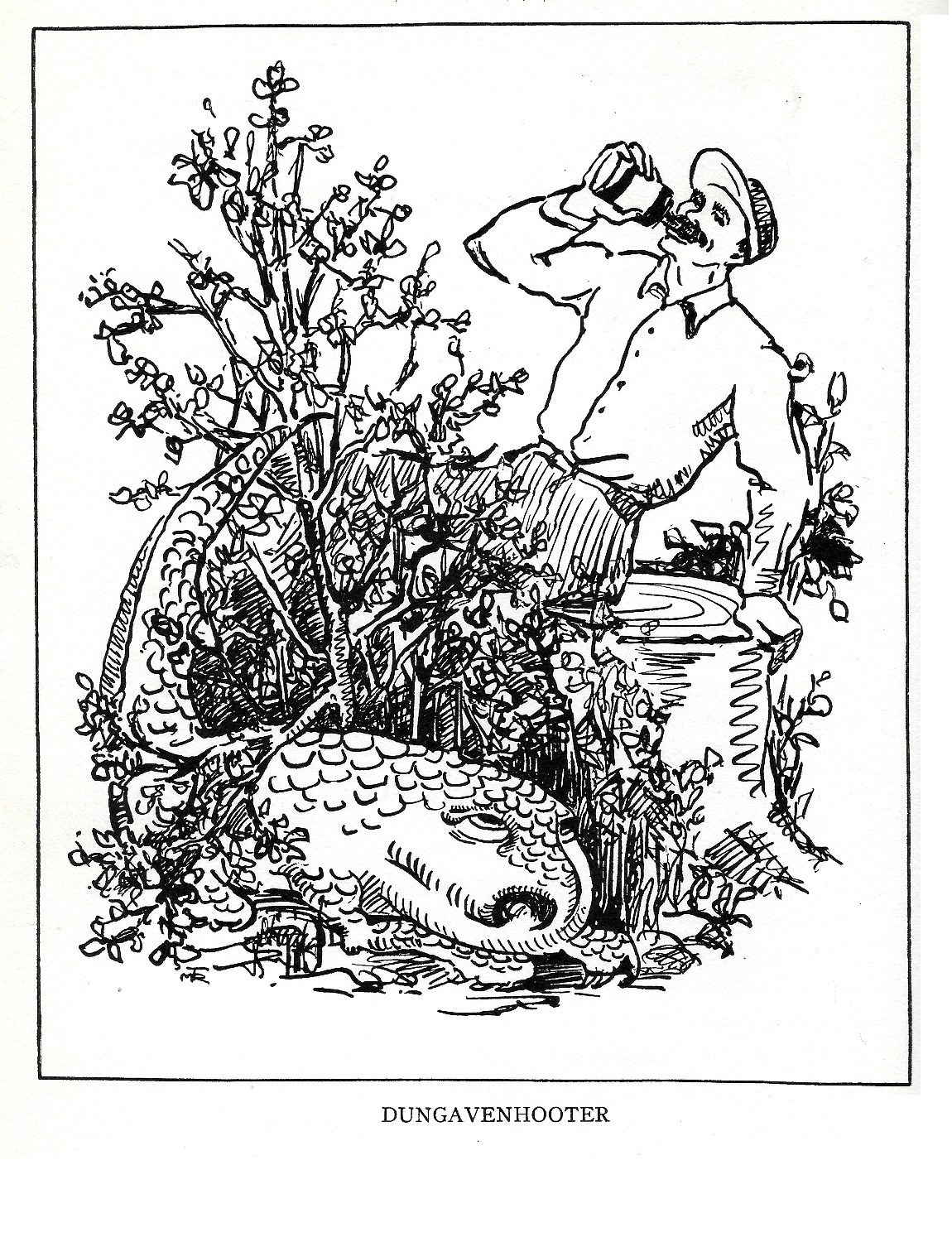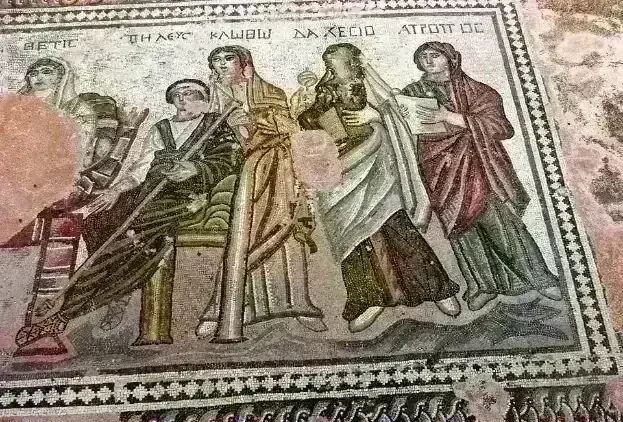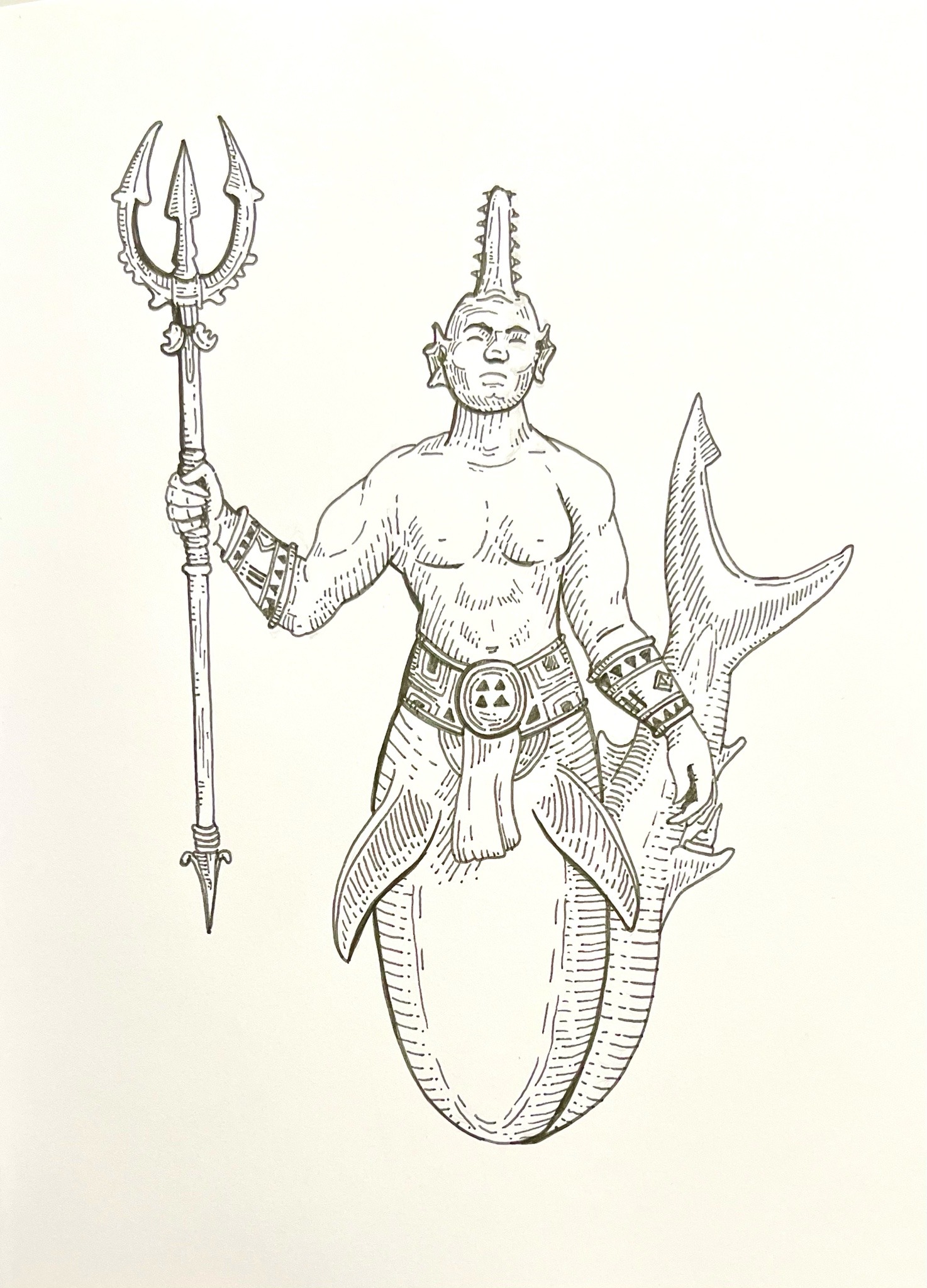Hiawatha

Hiawatha (/ˌhaɪəˈwɒθə/ HY-ə-WOTH-ə, also US: /-ˈwɔːθə/ -WAW-thə: Haiëñ'wa'tha [hajẽʔwaʔtha]), also known as Ayenwatha or Aiionwatha, was a precolonial Native American leader essential to founding the Iroquois Confederacy. Though historical accounts differ on whether he was Onondaga by birth and later adopted by the Mohawks, or vice versa, his significance is undisputed. While Hiawatha was a real person, much of what we know comes through legend, dating to approximately the mid-1100s based on astronomical evidence of a solar eclipse coinciding with the Confederacy's founding.
According to Mohawk legend as shared by Chief Seth Newhouse (Dayodekane), when Dekanawidah (The Great Peacemaker) first met Hiawatha, the latter was a cannibal known as "the man who eats humans." Looking into a cooking pot and seeing Dekanawidah's reflection (which he mistook for his own), Hiawatha experienced profound transformation, embracing Dekanawidah's message of peace. Hiawatha's greatest challenge was converting Tadodaho (Atotarho), the tyrannical Onondaga chief described as twisted in body and mind with "hair filled with living snakes." This task was reflected in Hiawatha's very name, which means "he who combs." Despite Tadodaho's resistance and the alleged magical killing of Hiawatha's wife and daughters, Hiawatha persevered. After a period of wandering in grief, he reached Mohawk territory where Dekanawidah performed what would become the Iroquois Requickening Ceremony to comfort him.
Together, they composed the laws of the Great Peace and successfully united the Five Nations. While the Oneidas and Cayugas readily accepted their message, the Senecas and Onondagas required more persuasion. Ultimately, diplomatic efforts succeeded in bringing all nations together, with Tadodaho becoming principal chief of the confederacy.
Hiawatha's exceptional oratorical skills perfectly complemented Dekanawidah's vision. While Dekanawidah suffered from a speech impediment, Hiawatha's eloquence proved instrumental in persuading the Five Nations to unite. The Tuscarora later joined in 1722 to become the Sixth Nation.
Though the circumstances of Hiawatha's death remain unknown, his legacy endures through oral traditions, songs, and written accounts that preserve his critical role in forming one of the most significant indigenous political confederacies in North American history.


